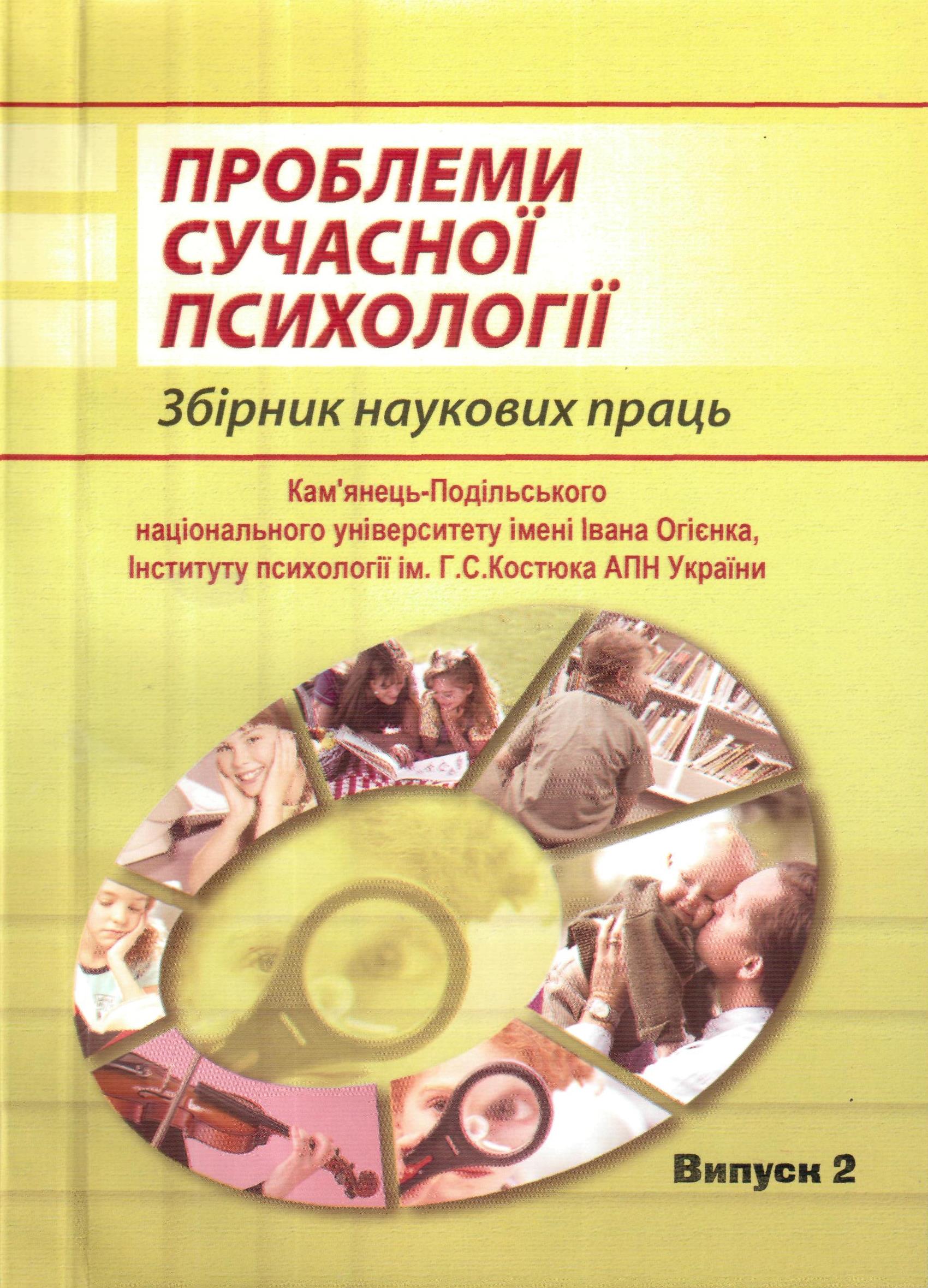“Правда руська” як об’єкт історико– психологічного аналізу
DOI:
https://doi.org/10.32626/2227-6246.2008-2.%25pКлючові слова:
картина світу, потреби, цінності, норми, право, настановлення, культура, мотивація, вчинок.Анотація
У статті розглядається головний юридичний кодекс Київської
Русі “Правда Руська” та його значення для історико психологічного
аналізу. Описується вплив релігійної реформи на світобачення
київських князів стосовно страти. Стверджується, що саме право
сприяє виникненню аксіологічної психології, психології людських
цінностей і розкриває справжні мотиви людської поведінки, адже
вони стосуються питань володіння та існування.
Посилання
Библия. – М.: Российское Библейское Общество,
– С. 174.
Зимин А.А. Правда Русская. – М.: Издательство
“Древлехранилище”, 1999. – 424 с.
Ключевский В. О. Сочинения. – Т. 1. – М., 1987. –
С. 241.
Правда Русская. Т.1. Тексты / Под ред. Б.Д. Грекова.
– М. – Л.: Издательство АН СССР, 1940. – 506 с.
Правда Русская. Т.2. Комментарии / Под ред. Б.Д. Гре
кова. – М. – Л.: Издательство АН СССР, 1947. – 862 с.
Руська Правда. Тексти на основі 7 списків та 5 редакцій/
За ред. С. Юшкова. – К.: Видавництво Української
Академії Наук, 1935. – 195 с.
##submission.downloads##
Як цитувати
Номер
Розділ
Ліцензія
Редакція має повне право публікувати у Збірнику оригінальні наукові статті як результати теоретичних і експериментальних досліджень, які не знаходяться на розгляді для опублікування в інших виданнях. Автор передає редколегії Збірника права на розповсюдження електронної версії статті, а також електронної версії англомовного перекладу статті (для статей українською та російською мовою) через будь-які електронні засоби (розміщення на офіційному web-сайті Збірника, в електронних базах даних, репозитаріях та ін).
Автор публікації зберігає за собою право без узгодження з редколегією та засновниками використовувати матеріали статті: а) частково чи повністю в освітніх цілях; б) для написання власних дисертацій; в) для підготовки абстрактів, доповідей конференцій та презентацій.
Автор публікації має право розміщувати електронні копії статті (у тому числі кінцеву електронну версію, завантажену з офіційного web-сайту Збірника) на:
- персональних web-ресурсах усіх Авторів (web-сайти, web-сторінки, блоги тощо);
- web-ресурсах установ, де працюють Автори (включно з електронними інституційними репозитаріями);
- некомерційних web-ресурсах відкритого доступу (наприклад, arXiv.org).
Але в усіх випадках обов’язковою є наявність бібліографічного посилання на статтю або гіперпосилання на її електронну копію, що містяться на офіційному сайті Збірника.






